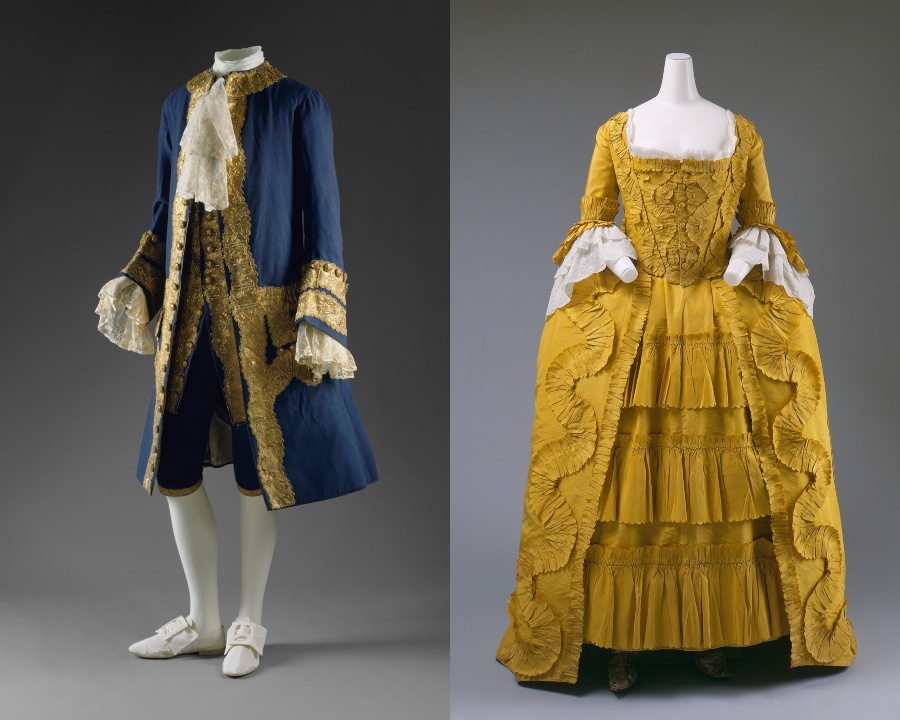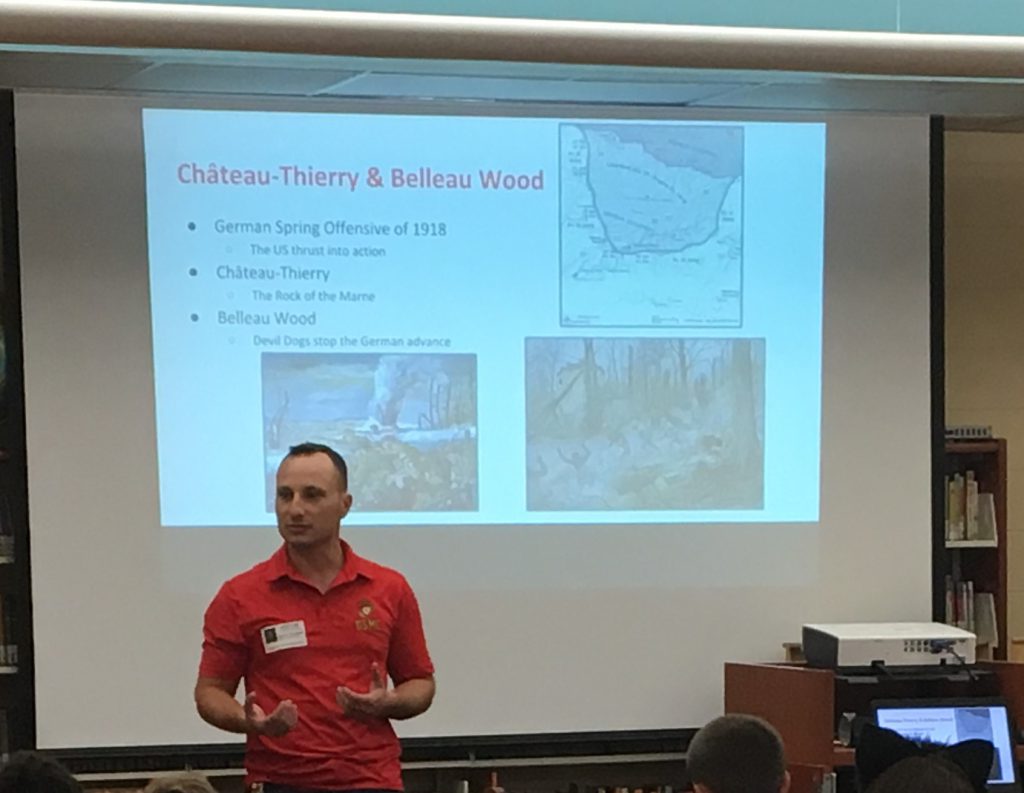
Each year, UCF’s College of Arts and Humanities recognizes a graduate student for outstanding work on their thesis. The award focuses on the quality and contribution of the student’s thesis research and brings with it a nomination for the university-level Award for the Outstanding Master’s Thesis. This year’s recipient of the Award for Outstanding Master’s Thesis is Rhiannon O’Neil ‘21MA, whose thesis is titled “’Clothes Make Men’: Clothing and the Embodiment of Gender in Virginia, 1750–1775.”
O’Neil’s thesis examines the way that colonial Virginians used ideas about gender to make clothing a tool of power. Specifically, it explores how clothing allowed Virginians to make statements about or perform themselves in ways that could uphold — or subvert — slavery’s power in the colony.
O’Neil was inspired to explore the issue during their undergraduate career, when they worked on a project that involved transcribing an eighteenth-century store account book.
“I really enjoyed getting glimpses of the people who went shopping regularly for fabrics, housewares, alcohol and a host of other items,” O’Neil explains. “My thesis evolved out of that enjoyment of the material objects of the past, and my own previous interest in gender as a social construct.”

While conducting their research, O’Neil had to work around challenges presented by the ongoing COVID-19 pandemic. Instead of traveling to Virginia to do in-person archival research, they examined digitized collections or requested copies for various libraries.
“It was difficult, too, to work in the isolation of the pandemic,” O’Neil adds. “Historians tend to work alone; history is a rather solitary field, but the added loneliness of the pandemic made it hard, some days, to keep pushing through the work.”
O’Neil hopes that their thesis will help readers — historians and non-historians alike — think more about gender, and the choices they make in presenting their genders.
“The past and the present are, of course, very different times and places, but I’ve found that studying the past makes it easier to understand the present,” says O’Neil. “And I also hope that it gives a sense of how history holds multiple interpretations. There is not one overarching ‘truth,’ but many facets and pieces that change depending on the questions we ask.”
Another History graduate, James Stoddard ‘20MA, was awarded the CAH Excellence Award for a Graduate Teaching Associate. A current student in the Texts and Technology Ph.D. program, Stoddard is earning his doctorate along the public history track with a dissertation focused on veteran memory and identity. As part of his assistantship with the program, he works as a Graduate Teaching Associate with the Department of History and currently teaches AMH 2020: U.S. History 1877–Present.

For Stoddard, work as a Graduate Teaching Associate is rewarding — but not without its challenges.
“My favorite thing about being a Graduate Teaching Associate is the interaction with students,” says Stoddard. “I enjoy talking to them about the past and finding ways to excite them about history. The most challenging part is fitting it all into a semester-long course, which is always impossible. This leads to the real challenge of what I can cover and what I must cut.”
Stoddard’s plans for teaching don’t end after he earns his Ph.D. and completes his work as a Graduate Teaching Associate. In the future, he hopes to continue to teach and research U.S., military and veteran history.
“This award helps affirm that I am making a difference at UCF and with my students,” he says. “It also is very rewarding to be recognized by my faculty advisors, my department and my college.”